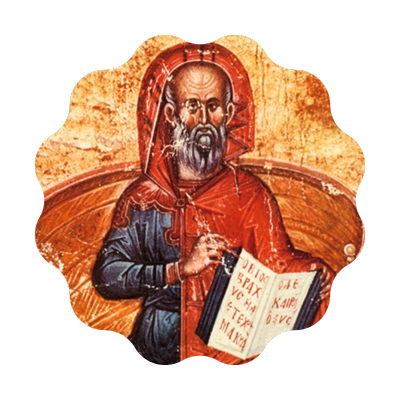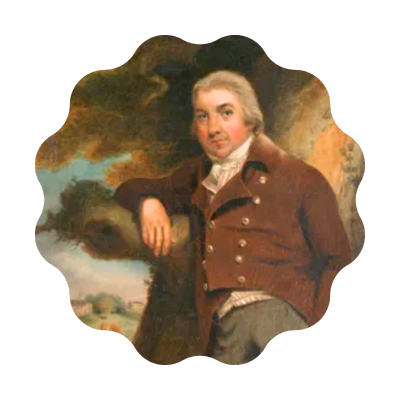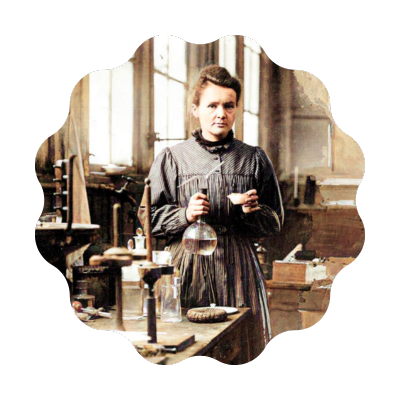
Throughout history, there have been many pioneering doctors and scientists. The ones who made ground-breaking contributions to medicine and healthcare. Their work helped advance our understanding of the human body, disease, and treatment. Here we’ll highlight three inspiring Medical Practitioners who made a lasting impact in their fields.
You can go visit our website and you can go to the CV-Library or REED to find more job opportunities for all NHS Healthcare Professionals.
Hippocrates

Hippocrates is the father of modern medicine. He was a Greek physician who lived in the 5th and 4th centuries BCE. Hippocrates ascribed the Hippocratic Oath. Today, medical professionals still use it. He stressed the significance of observation and clinical reasoning in medicine.
One of Hippocrates’ most important contributions was his theory of the four humours. According to this theory, the body is made up of four fluids: blood, phlegm, black bile, and yellow bile. The balance of these fluids is essential for health. If there is an imbalance, it can lead to disease.
Hippocrates developed several other important medical concepts. Including the idea that disease is caused by natural rather than supernatural forces. He rejected superstition and believed in observing clinical symptoms. Using logic to determine the causes of illness. His study emphasised the importance of treating the whole patient rather than the symptoms of their disease.
He pioneered clinical examinations and kept detailed patient records. His teachings on clinical practice and observation remain influential in modern medicine.
Edward Jenner

Edward Jenner was an English physician. He developed the smallpox vaccine. Smallpox was a contagious and deadly disease. It killed millions of people each year. Jenner’s discovery of the vaccine was a major medical breakthrough that helped to save countless lives.
Jenner’s interest in smallpox began when he was a child. He saw how the disease could devastate families and communities. As a doctor, he was determined to find a way to prevent smallpox.
In 1796, Jenner made a breakthrough discovery. He noticed that milkmaids who had contracted cowpox, a mild disease, were immune to smallpox. He hypothesised that if he could inject people with cowpox, it would give them immunity to smallpox.
Jenner tested his hypothesis on an 8-year-old boy named James Phipps. He injected Phipps with cowpox and then two months later with smallpox. Phipps did not contract smallpox. This pioneering work paved the way for modern immunisation.
Jenner’s discovery of the smallpox vaccine was a major medical breakthrough. It helped to save millions of lives and eventually led to the eradication of smallpox.
The Edward Jenner Programme
The NHS offers the Edward Jenner Programme for healthcare professionals. The programme is a suite of online short courses. It’s designed to help health and care professionals develop the skills and knowledge they need to take on their first leadership or management role. The programme is delivered in three levels. Each of which builds on the skills and knowledge learned in the previous level.
Level 0 is an introductory course. It provides learners with the foundation they need to succeed in the programme. Level 1 focuses on developing learners’ leadership skills. Level 2 focuses on developing leadership skills in the context of the organisation.
The Edward Jenner Programme is open to anyone. The ones aspiring for their first leadership or management role in the health and care sector within the next 1-2 years. The programme is delivered online, so learners can study at their own pace and in their own time.
The programme is accredited by the NHS Leadership Academy and is recognised by the Health Education England Academy of Leadership.
If you are NHS Healthcare Professional looking for a job opportunity you are in the right place. Click on the speciality you are looking for to apply:
Nurses, Midwives, Doctors, GPs, AHPs or International Nurses
Marie Curie

Marie Curie was a Polish and naturalised-French physicist. A chemist who conducted pioneering research on radioactivity. She was the first woman to win a Nobel Prize. The first person and only woman to win the Nobel Prize twice. And the only person to win the Nobel Prize in two different scientific fields.
Curie’s research on radioactivity led to the development of X-rays. It revolutionised the field of medicine. She discovered two new elements, polonium and radium. These elements have been used to develop several medical treatments, including cancer treatments.
During World War I, she developed mobile X-ray units to help treat wounded soldiers on the battlefield. This contributed to advancing wartime medicine and X-ray technology. Curie helped unlock the mysteries of radiation and radioactivity. It advanced our understanding of physics, chemistry, and human health. She is a role model for women in science.
Curie’s work has had a profound impact on the field of medicine. Her discoveries have helped to save countless lives and have improved the quality of life for millions of people.
Conclusion
The work of Hippocrates, Jenner, and Curie helped transform medicine and science. Their contributions to medical knowledge and practice have saved countless lives. It laid the foundation for modern healthcare. These inspiring pioneers exemplify dedication, innovation, and ethics within medicine and science. Their legacies live on through the doctors and researchers who build upon their discoveries today.
These are three of the many inspiring Medical Practitioners who have made history. Their work has helped to advance the field of medicine and improve the lives of millions of people. We are all indebted to their dedication and commitment to making the world a healthier place.
Wish to contribute to the healthcare industry like these pioneers? Register with us, and we will help you get the ideal role you have been aspiring to work in.
FAQs
1.What is Health Education England?
Health Education England (HEE) is an executive non-departmental public body of the Department of Health and Social Care in England. It was established in June 2012 to provide national leadership and coordination for the education and training of the health and public health workforce in England.
2.Is health education England part of the NHS?
Yes, Health Education England (HEE) is part of the NHS. It is an executive non-departmental public body of the Department of Health and Social Care in England. It works in partnership with the NHS to plan, recruit, educate and train the health workforce.
3.What is the NHS Leadership Academy?
The NHS Leadership Academy is a national organisation that provides leadership development opportunities for people working in the NHS in England. It used to be a part of Health Education England (HEE) to improve NHS improvement.
4.Why was the NHS Leadership Academy established?
The NHS Leadership Academy was established in response to several challenges facing the NHS, including:
- The need to improve the quality of care for patients
- The need to make the NHS more efficient and cost-effective
- The need to attract and retain top talent in the NHS
The NHS Leadership Academy was created to address these challenges by developing outstanding leaders who could help to transform the NHS.
